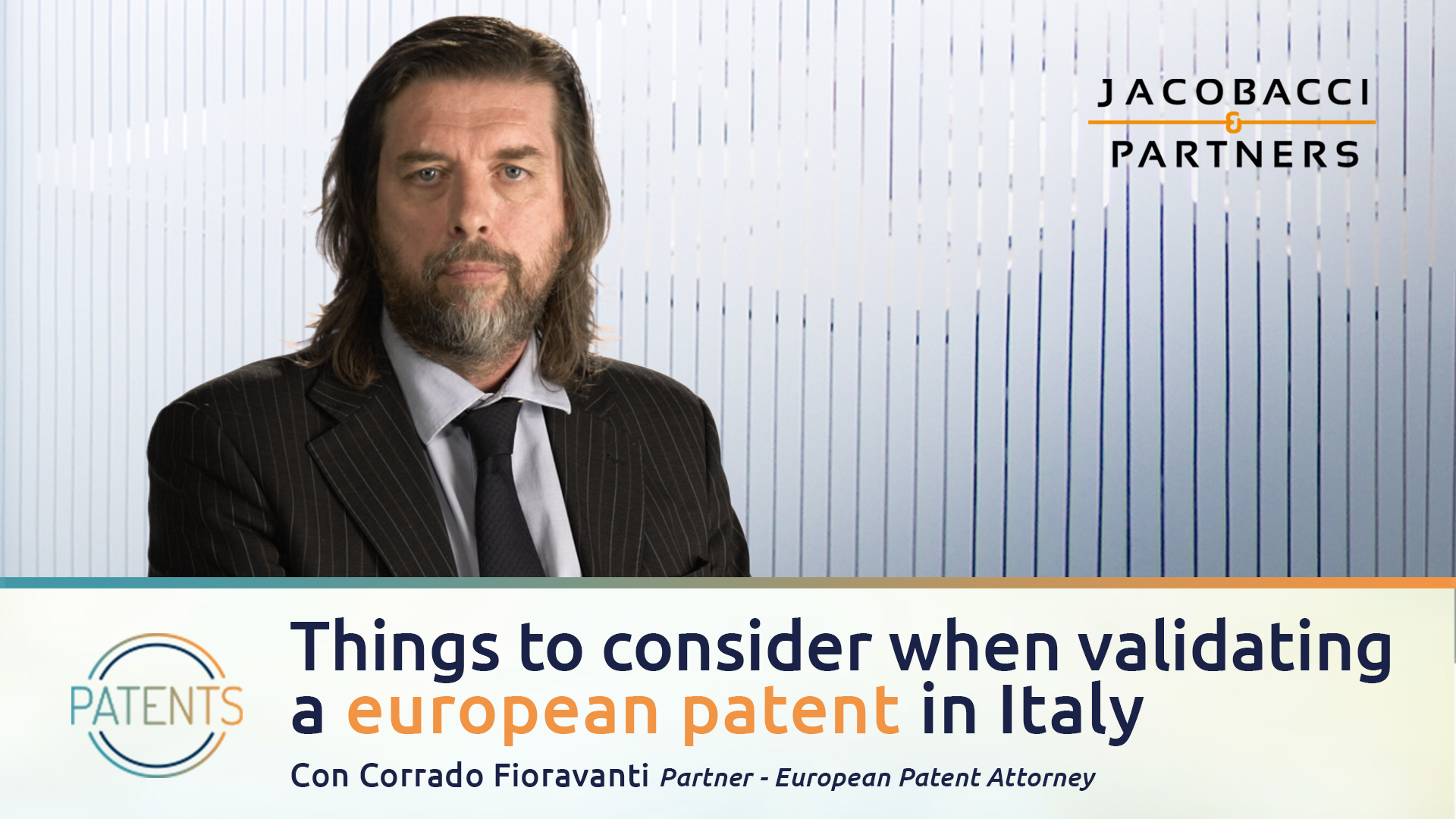In a recent decision the Grand Chamber of the European Court of Justice (ECJ) confirmed that the General Court had correctly interpreted Article 8(3) of the Italian Code of Industrial Property, which requires a party to give consent for his or her name to be registered as a Community trademark.
The decision is a reminder that the ECJ examines only the application of procedural rules, and not the merits of a dispute.
Elio Fiorucci filed an action to revoke Edwin Co Ltd's registration of the word mark ELIO FIORUCCI in International Classes 18 and 25. In 1990 Fiorucci SpA sold to Edwin Co Ltd all its creative assets, including all its trademarks, including numerous marks containing the family name Fiorucci (although no assignment was made for the mark ELIO FIORUCCI).
Firoucci's application for revocation and a declaration of invalidity was filed on 3rd February 2003 and was based on Articles 50(1)(c) and 52(2)(a) of EU Regulation 40/94.
The Cancellation Division of the Office for Harmonisation in the Internal Market (OHIM) allowed the application for a declaration of invalidity because, according to Article 8(3) of the Italian Code of Industrial Property, Fiorucci’s consent was required for the registration of his name as a Community trademark, and such consent had not been given. Edwin Co Ltd appealed, and the OHIM First Board of Appeal allowed the appeal and annulled the decision of the Cancellation Division. The appeal board held that the situation did not fall within the scope of Article 8(3) of the code. It also declared that the application for revocation was not applicable under Article 50(1)(c) of Regulation 40/94 as the mark at issue could not mislead the public.
Fiorucci brought an action against the contested decision and the General Court confirmed the previous decision as far as Article 50(1)(c) was concerned. However, in relation to the decision based on Article 52(2)(a) of Regulation 40/94, the General Court gave a different interpretation of Article 8(3) of the Italian Code of Industrial Property, stating that the correct interpretation was that the renown of a personal name can result from either the entrepreneurial character or non-entrepreneurial character of such use. Therefore, the General Court annulled the appeal board's decision based on an incorrect interpretation of Article 8(3) of the code.
Edwin Co Ltd, the OHIM and Fiorucci all appealed to the European Court of Justice (ECJ). The second and third appellants did so on the grounds that the General Court should have applied the national rule to the substance of the case and should have ruled to cancel the contested trademark.
On 5th July 2011 (Case C-263/09P Edwin Co Ltd v OHIM) the Grand Chamber issued its ruling and confirmed that the General Court had correctly interpreted Article 8(3) of the code, stating that the wording of this national provision, insofar as it refers to the names of well-known persons, makes no distinction according to the field in which renown was acquired. Therefore, the Grand Chamber concluded that:
“Article 8(3) of the [Italian Code of Industrial Property], as the General Court observed, does not lay down any condition other than that the personal name concerned must be well-known”.
The appeal also related to the obligation of the General Court to provide the ECJ with sufficient material to exercise its power of review.
According to Paragraph 68 of the Grand Chamber's decision, the General Court:
“provided adequate grounds insofar as it enables the appellant to know the reasons why the General Court has not upheld its argument and the Court of Justice to exercise its power of review.”
Furthermore, the General Chamber confirmed that the General Court was correct when reviewing the lawfulness of the decision of OHIM bodies, stating that in no event may the General Court substitute its own reasoning for that of the OHIM body which adopted the contested act.
The ECJ's judgment should be borne in mind by parties appealing OHIM decisions to the court; it must always be taken into account that the ECJ examines only the correct application of the procedural rules by the OHIM and the lower courts, and will never render a decision on the merits of a dispute.





